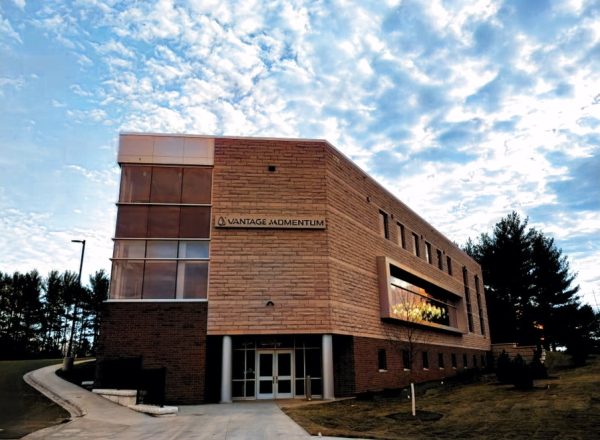Daily Web Edition

Many top analysts criticize the US’s education system as an outdated institution that perpetuates the problems it attempts to solve. The ultimate goal of education should be to prepare people to live their lives in the best way possible. Almost always, this is linked towards economic incentives such as overall increase in living standard or income. Generally speaking, these motives are moral and broad enough to support the compulsory education of all young people. However, the problem lies within the system designed to meet the ends. Education is cyclical, with one level of education merely preparing people for the next. Graduating with a high school diploma leaves many people lacking skills that are applicable to job markets. The result is continuation of the education system through post secondary programs which are designed to focus people’s talents and abilities. Those who have access to programs like these are set up to succeed while those who suffer with poverty become trapped. The college board itself has admitted to the direct relationship between family income and SAT scores. As such, those with limited resources or even economically discouraged families struggle to take advantage of meaningful education. An example of revitalized education exists currently in Finland where competition is discouraged among students and nearly all costs of education at any level are covered by the government. Distributions of scores among Finnish students show less spread between individual discrepancies. Education reform that follows relatively basic principles is difficult to implement, but may result in long term increases in productivity and happiness.

































